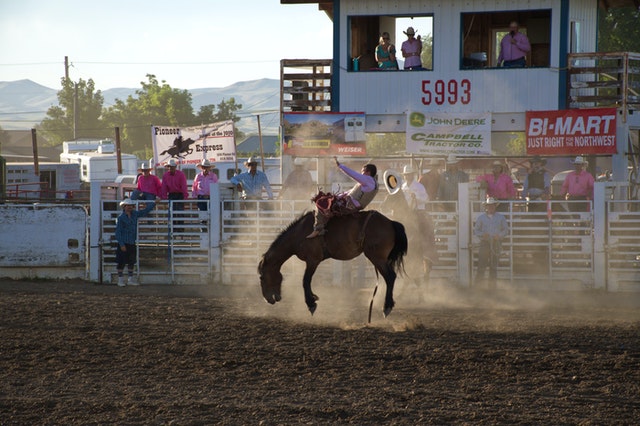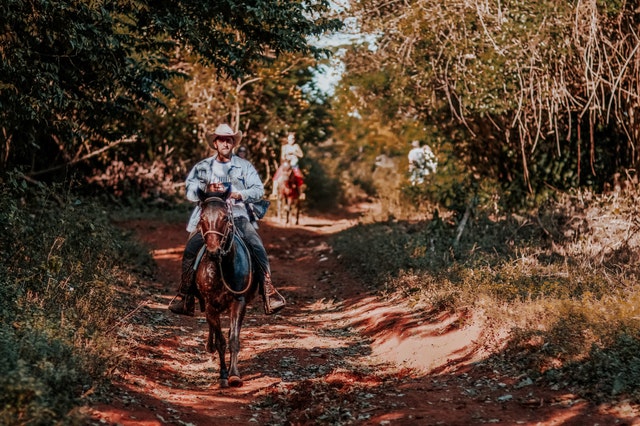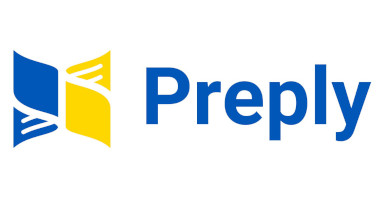Here, we explore this idea in detail.
Brookline, MA – USA | May 10, 2022 –[Press Release Wire]– There aren’t any apparent connections between playing sports and learning another language. But if you look at the similarities, there are several similarities. Plus, skills and technicalities can be passed over to help with the next. Here, we explore this idea in detail.

Practice makes perfect
We’ve all heard of this famous saying before, and it is true. In language learning, you’re strengthening your neural pathways by practicing and repeating what you’ve learned in lessons. This means it’ll be easier for you to remember and find the information that you need in the future.
This is precisely the same as playing western sports – or any other sport, for that matter. Every time you practice, you’re taking steps to improve your skills and abilities and, as they say, ‘Skill comes from consistent and deliberate practice.’
Working as a team can help you.
While rodeo may be an individual sport, there’s a lot you can take from working alongside other people. You can observe their skills, learn new techniques, and use any advice when practicing independently.
The same can be said for learning a language. More specifically, this applies when you know a popular language in a group, such as French, Spanish, or Portuguese classes online. In this setting, you can note practice passive listening skills, observe speech patterns, and learn from other speakers’ mistakes. In addition, if there are native speakers in your local town, you may find it beneficial to meet up with them for a coffee. Alternatively, you can watch speakers of your chosen language on TV and online.
Expert support will help.
Just like a sports coach can make all the difference, a language tutor can teach you new skills and allow you to practice your speaking. If you have a group of peers, this can further enhance your ability and experience. Language is all about communication. When you have others around you, you can talk to each other, share skills, and help those who might be struggling.

It’s good for the muscles.
Western sports are an excellent workout for various muscle groups all around the body, and the same can be said for learning languages. Not only are we required to use our facial muscles when speaking a new language, but the pronunciation can often feel like a workout for your cheeks.
Different languages need different muscle movements and mouth shapes to be spoken effectively. The primary muscle that learning another language helps is the brain. Just like exercising, your brain can become wiser and stronger thanks to regular training.
You need a strategy and some tactics.
As with any sport, you need to have a plan of action and a box of tactics to beat your opponent in Western sports. While you might not need to beat anyone to succeed at language learning, you need a strategy to communicate effectively. For example, if you’re tasked with sharing critical information, how will you do that at your level? Will you need to use an online dictionary? Perhaps you’ll need to draw some pictures out or act out certain words if you don’t quite know them? Either way, until you’re fluent, you may need a strategy to help others understand you.
Comparison is the thief of joy.
Western sports, language learning, and even day-to-day life comparing yourself or your performance to others aren’t always the best. Of course, you might want to compare your current status to a few months ago to see how far you’ve come. But remember, you still need to be forgiving. You won’t be able to hit the mark every single time. So instead, aim for a goal and break it up into manageable chunks. That way, you can track progress and see your improvement.
Press & Media Contact:
Amy Pritchett
Preply
USA
https://preply.com

